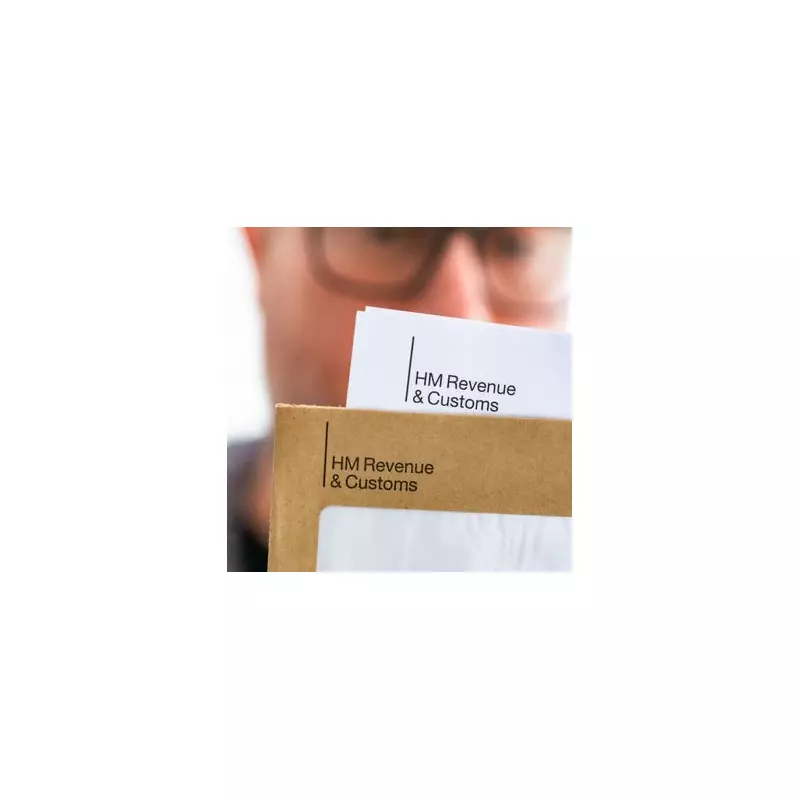
Thousands of Brits could be sitting on unclaimed tax refunds from HM Revenue & Customs (HMRC) without even realising it. Many taxpayers have overpaid due to incorrect tax codes, work expenses, or other discrepancies – and HMRC may owe them hundreds or even thousands of pounds.
How to Check If You're Owed a Tax Refund
HMRC doesn’t always notify individuals when they’ve overpaid, so it’s up to taxpayers to check their records. Here’s how you can find out if you’re due a repayment:
- Review your payslips: Ensure your tax code is correct and matches your employment status.
- Check P800 forms: HMRC sends these after the tax year ends if you’ve overpaid.
- Use the HMRC app: Log in to your personal tax account to view potential refunds.
- Claim work expenses: If you’ve paid for uniforms, tools, or professional fees, you may be eligible for a rebate.
Common Reasons for Overpaid Tax
Several situations can lead to HMRC owing you money:
- Changing jobs mid-year and being placed on an emergency tax code.
- Incorrect deductions due to multiple income sources.
- Not claiming tax relief on work-related expenses.
- Being in the wrong tax band after a pay rise or bonus.
"Many people don’t realise they’ve overpaid until they actively check," says a financial expert. "It’s worth reviewing your tax history regularly to avoid missing out."
How to Claim Your Refund
If you discover you’re owed money, you can claim directly through HMRC’s online portal or by calling their helpline. Refunds are typically processed within weeks and paid directly into your bank account.
Don’t wait too long – some claims must be made within four years of the end of the relevant tax year.





